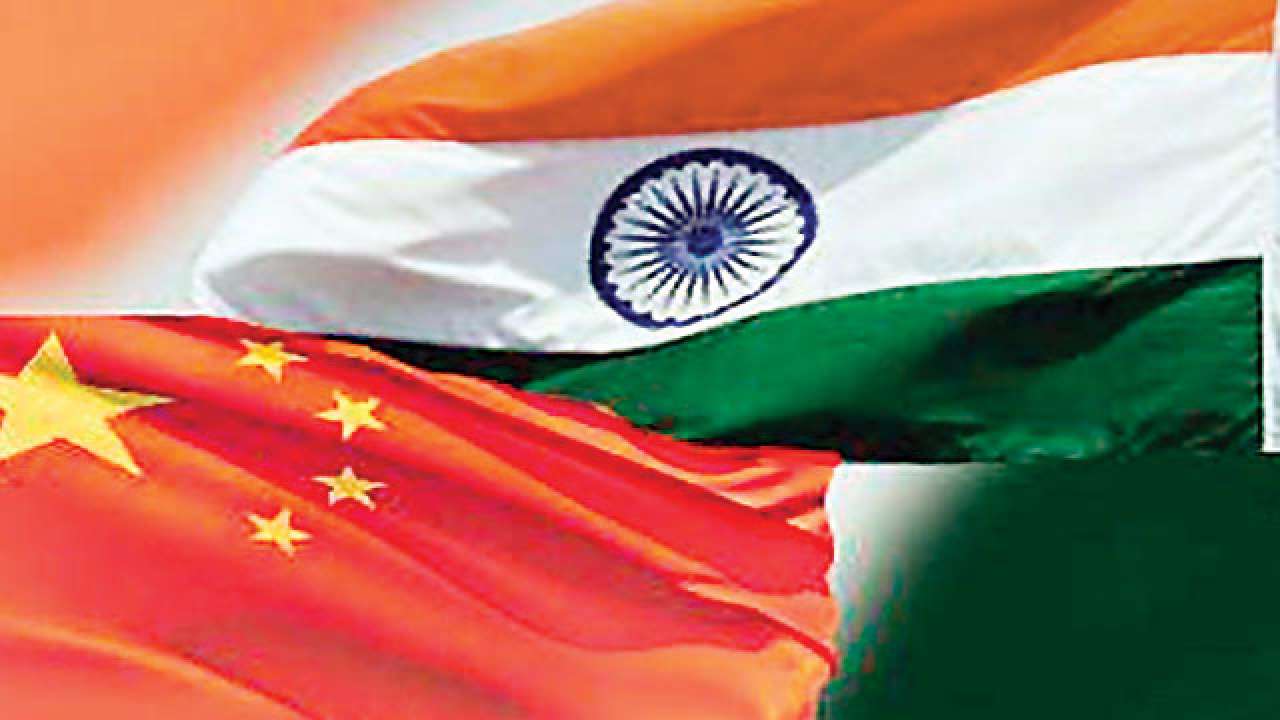
In a world where myriad tableaux of capital, trade and geographical control overlap, waging a war is a costly exercise and only the foolish or the foolhardy can brave such an adventure. It was Shakespeare who, over 400 years earlier, so aptly coined the virtues of peace in his historical play King Henry IV, which incidentally is also a fair encapsulation of the resolution arrived at between India and China, in the aftermath of the Doklam crisis.
It reads, “A peace is of the nature of a conquest/For then both parties nobly are subdued/And neither party loser.” Irrespective of what the bombastic Chinese media may claim, India has managed to cut its costs by de-escalating the dispute. Baiting the dogs of war is a course that would have led to an adverse backlash for both countries. Obviously, India’s military and economic might is nowhere close to meeting China blow-for-blow, and for China to pursue an aggressive campaign against India would have meant forgoing a trade surplus that in FY17 amounted to a whopping $51.1 billion. The amicable resolution of the Doklam dispute is a feather in the cap of the Indian diplomatic cadres, however, a reversion to a status quo is not the most vibrant of signs of lasting peace. In today’s day and age, there is no better a peace that can be secured by carrying a big stick and speaking softly.
In the BRICS summit, India has spoken softly and its overtures have been reciprocated. Chinese President Xi Jinping, reportedly, told Prime Minister Modi that Beijing was keen on working with New Delhi on the Panchsheel principles, harking back to the times of India’s first PM Jawaharlal Nehru. Now that India has secured peace, albeit precarious, it must work towards building its defences. Evidently, the world today is moving from the multipolar polity of yesteryears to unipolar polity. The world order of this age is weaning off from the singular leadership of the US to one geared towards China, which is worryingly forging ahead and carving a niche for itself in spaces ceded by US President Donald Trump’s heavy-handed administration.
Chinese national banks are fuelling the aggressive lending habits of its government and riding high on this cheap money is a raft of South Asian countries like Pakistan, Sri Lanka, Nepal, and Cambodia. India, thankfully, has Washington on its side. This is a necessary counterbalance to the growing clout of the Chinese in Pakistan, who are making their presence felt in the country via a clutch of infrastructural projects under the China-Pakistan Economic Corridor. Now is the time for PM Modi to assess the gravity of the threat that a China-Pakistan axis poses and arm India to brave it.